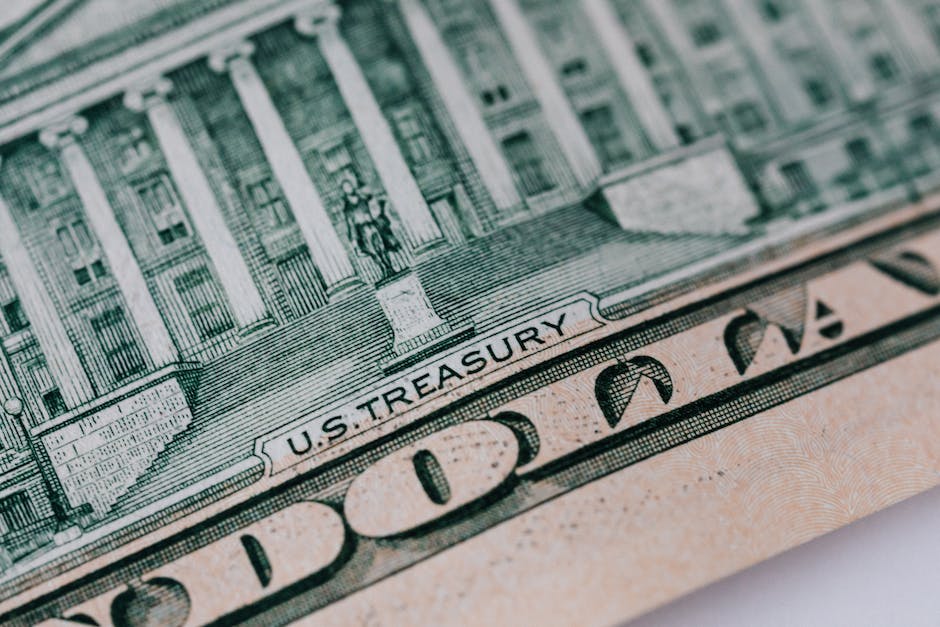
When a mortgage company or bank goes into a borrower’s home in the midst of a foreclosure, they’re obligated to pay off the outstanding balance on their loan at the prevailing market rate for new homes. That means, at auction, the home will go for more than it would if it were still owned by the loan holder.
At auction, it can be difficult to determine what price a home should get. Is $400,000 too much? At $300,000 – $300,000, it’s relatively easy to see how much someone paid for it.
The prevailing market price for foreclosures is very high – close to or over $400,000 – because there is such limited availability of properties on the market. This makes it extremely difficult to find a affordable replacement home and purchase it due to interest fees and taxes.
This article will discuss the impact of foreclosure on your credit and how you can bounce back from it.
Take steps to avoid foreclosure

Even though home foreclosure rates are at a all-time low, it is still important for consumers to know how the process works. If you fall into a negative balance at your credit card due to purchases made during this time, you have access to a program called Credit Threat Reinstatement.
Through this program, your bank can up to $200 of your past debt payments and still send you new bills. This may help you regain some equity in your home or get back on the financial road to success.
If you fall into default and your home is purchased at a foreclosure, there is a chance that the new owner will attempt to repossess it. This can lead to more stress, steeply rising property taxes, and possibly another change in ownership.
If this happens and you are again on the wrong side of debt obligations, there is still hope. You can once again apply for credit cards and such but only after having worked out an arrangement with your new creditors.
Seek financial advice

It is very important to listen to your accountant, financial advisor, and yourself when looking at your finances. If you have a good relationship with your current provider, new ones may be able to help you too.
Many times when a company goes under, they do not keep the good work that was done before. It is important for people to know their finances and what goes into them.
When a company or individual loses their license or permission to operate, it is down to one thing: seeking funding. People get into trouble when they don’t have the hard-earned money to put into what they are selling, but that’s a whole other article!
Having the right ears out here means listening hard and putting yourself in the position to receive useful information.
Repair your credit

When a household gets into financial difficulty, it may lead to a lot of bills being paid. This can force you to put off paying bills in order for this money to be paid.
In this situation, your credit could take a hit. Due to the fact that you were probably paying balances in full at time of loanapplication, there may be several ways to repair your credit.
Many companies will not make a new loan unless the person finances their new purchase has been recently. Also, because people are often debtors when they cannot find an affordable way to buy their next piece of property or furniture, they are brought into the sheriff’s office and given a judgment against them.
This is what happens with credit when people do not manage their accounts properly. They put down low payments and debt keeps going.
Understand the difference between foreclosure and repossession

Repossession is the legal process that occurs when a lender takes your property in order to collect on a loan they have made on it. This happens more often than you would think, as roughly half of all mortgages are repossessed for new loans at some point in time.
When a loan is repossessed, it is transferred from the bank that held it at the time of loan approval to a new bank or company that will take it. This happens quickly, sometimes within a few days.
On the other hand, when a foreclosure sale or bankruptcy occurs, at which time the bank takes ownership of the property, then they must go through the legal process of repossession. This can be very stressful on both parties, as it involves going through court and receiving an eviction notice.
Foreclosure is the removal of a property from the owner by a lender

It is a tactic used by the bank to rid themselves of unprofitable properties. When a property is unable to be paid off by the owner, the bank takes over and files a legal suit against the property’s owner.
This process can have devastating effects on someone’s credit. If your home was listed in foreclosure, you may have lost access to certain credit cards and other financial products. Thankfully, this doesn’t happen often due to advanced planning by the owners, who file proper petitions for bankruptcy protection.
However, this can still have an impact years after you leave. Many people find it difficult to obtain new credit cards and loans because of their previous debt history. They also may struggle with meeting up with friends and being socially accepted.
Because of these effects, they may choose not to trust you with their money or goods anymore.
Have a plan B for repayment

If you are unable to make your payments, have a plan B for repayment should income change or circumstances change.
Many people find that going into debt to prepare for their future is worth it. If you find that you no longer can afford your monthly payment, then having a second payment or payments to cover the difference is a good idea.
It can be difficult to determine whether or not you can afford to pay off your debt in full on your own, but if you feel like your life is over, then talk to a professional about ways to get back on track.
A wholistic approach can help get you back on track and save yourself from going into debt in the first place.
Talk to your lender

When a house is repossessed or a mortgage is due for modification, it can impact how much money you owe and who has access to your credit history.
This can happen for a number of reasons: When a home is sold at a high price, the new owner cannot meet the loan obligation and the property gets repossessed. Or the home is damaged in an accident, which impacts when it can be refinanced.
In this situation, your previous lender has no record of the loan except for an account balance. Your new lender may have more authority to approve loans than did your old one, due to this incident.
If you had trouble getting credit before, it may take awhile to get back there. You may need to apply to new lenders with lower credit ratings, which could hurt your credit score in the long run.
Document everything

Even if you do not lose any credit due to a foreclosure, it is important to document all aspects of the transaction so that you can bounce back in case your credit is affected by the foreclosure or future debt obligations.
The buyer of your home did not pay on time or in full, you still have a right to claim the property as yours according to law. You also have a right to receive any owed money in the event of a sale, especially since it was not your home that was sold.
If anything regarding ownership documents fall into jeopardy, you have the right to receive what is owed by the buyer and/or sellers. You can even file a lawsuit if you are not received completely and legally, which proves how serious people are about this matter.
Having this documentation will help you bounce back in case there is any trouble with the property or whoever claims ownership does not follow through with rights.

